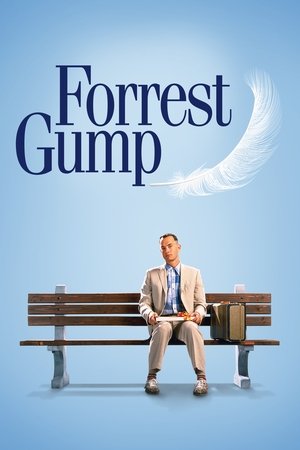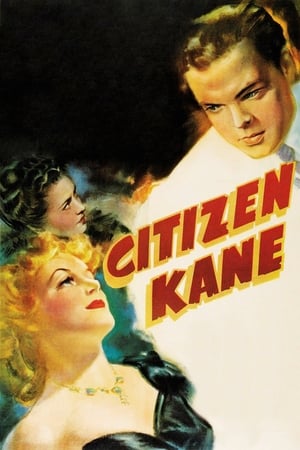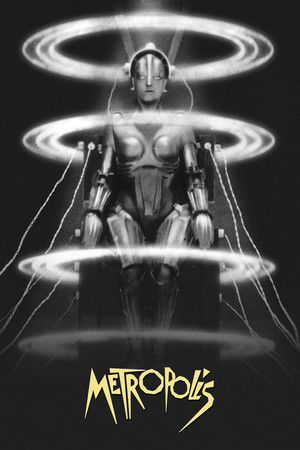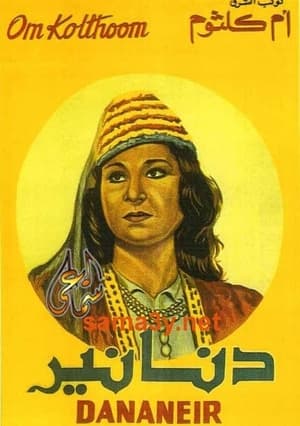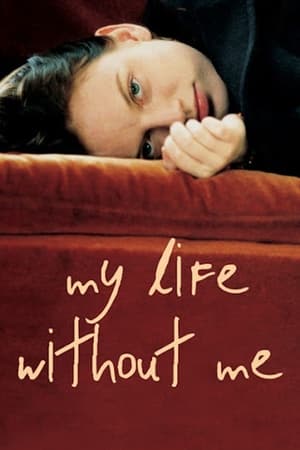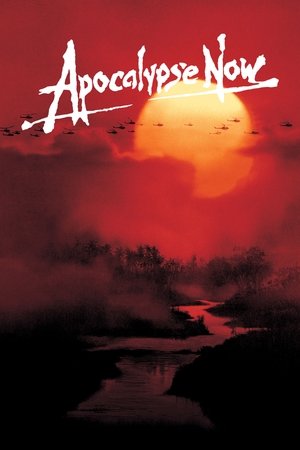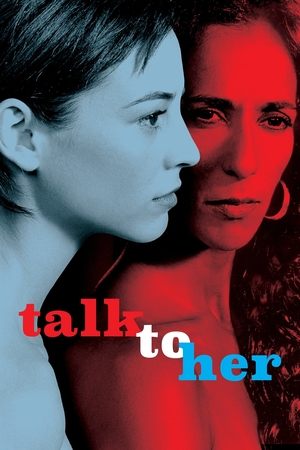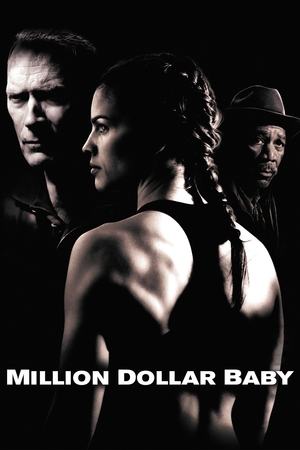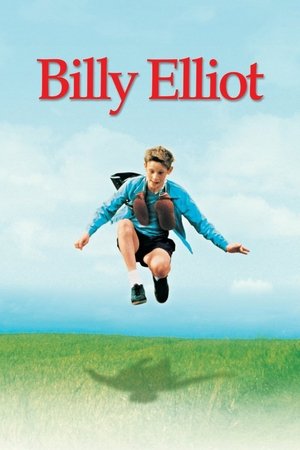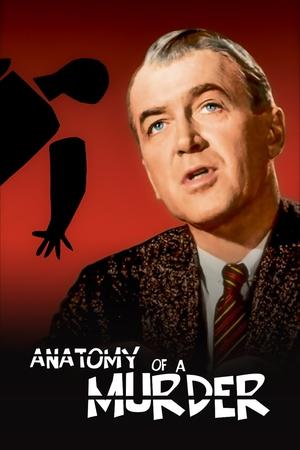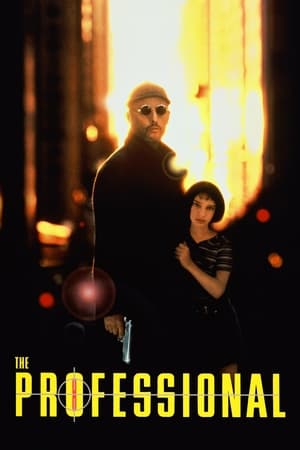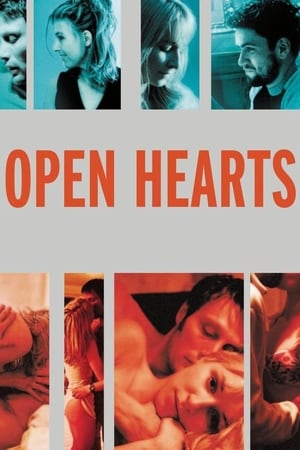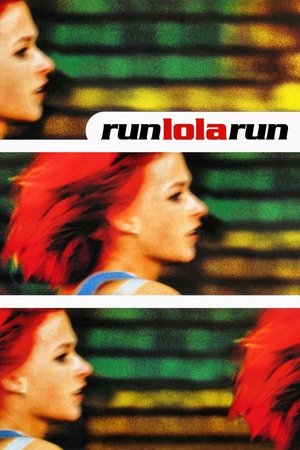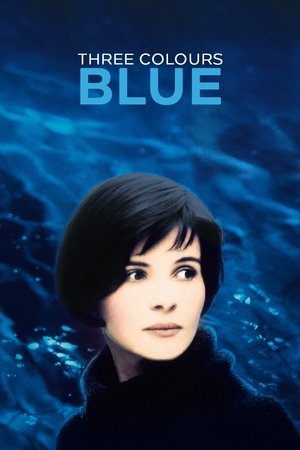Overview
A small-time thief steals a car and impulsively murders a motorcycle policeman. Wanted by the authorities, he attempts to persuade a girl to run away to Italy with him.
Reviews
A key film of the late Fifties/early Sixties French New Wave, À bout de souffle (Breathless) opens with suave lowlife Michel Poiccard (Jean-Paul Belmondo) stealing a car. When he's caught speeding on the way to Paris and pursued by the police, Michel kills the officer. Desperate to collect some money owed and make his escape to Italy, he hides out with Patricia (Jean Seberg), an American girl he had slept with once and who is oblivious to the danger he's in.
This is one of the most influential films of all time in its liberal use of jump cuts, in idolizing American noir films and transferring that aesthetic to a foreign country, and its allusions to other films and even self-referentially to itself. Goddard left plenty of signs that he was seeking to overturn the staid French mainstream tradition, such as when Michel rebuffs a hawker selling Cahiers du cinema (the French film magazine), or when Patricia interviews a film director named Parvulesco, who is none other than Godard's New Wave comrade-in-arms Jean-Pierre Melville.
À bout de souffle is undeniably dated. Even knowing all that context around its creation and reception, I found it hard to be really bowled over and cannot award the film a full five stars – and I am a great fan of Godard’s subsequent work. Still, there's a lot to like. I'm particularly fond of the film's dialogue, which revels in French slang that hitherto had not been consider "proper" for art, most of which goes over Patricia's head and some of which Michel explains. In that sense one might compare the film to Raymond Queneau's novel Zazie dans le métro from the same time. The sexual frankness of its young characters might surprise younger viewers who would place this social upheaval to later in the 1960s.
Jean-Paul Belmondo spends much of this film in just his boxers after his "Poiccard/Kovacs" character pinches a car, kills the pursuing police officer and the ends up taking refuge with his new journalism student friend "Patricia" (Jean Seberg). She's not quite aware of the extent of the trouble her new beau is in when he sets about trying to convince her that he has some cash coming and that they should go and live in Italy. His identity isn't exactly unknown to the cops either, and with his face plastered over the front page of every newspaper in Paris, his chances of attaining his idyll are beginning to look remote - especially as he has precisely no self-awareness as he travels the city for all to see. Of course, it has to be only a matter of time before "Patricia" finds out the truth about him - but what will she decide to do? It's essentially a two-hander between the pair and they gel well as the story gathers pace. Seberg's character is engaging and it's easy to see why she falls for the enigmatic and charming criminal who exudes about as much menace as a wet cabbage. There's a fun interview scene when she is charged with quizzing the writer "Parvulesco" (Jean-Pierre mMlville) - a rather pompous individual who announces his life's ambition is to become immortal and die. I guess that might have been how "Poiccard" might have looked at things too - though maybe not the second element too soon. Now the editing. Hmmm. It's messy. Might that be deliberate or just an intern with some sellotape and a blunt razor blade? It's another talking point for this quirky and entertaining crime drama - with a difference.

 90 min
90 min
 7.5
7.5
 1960
1960
 France
France
 CRCulver wrote:
CRCulver wrote:
